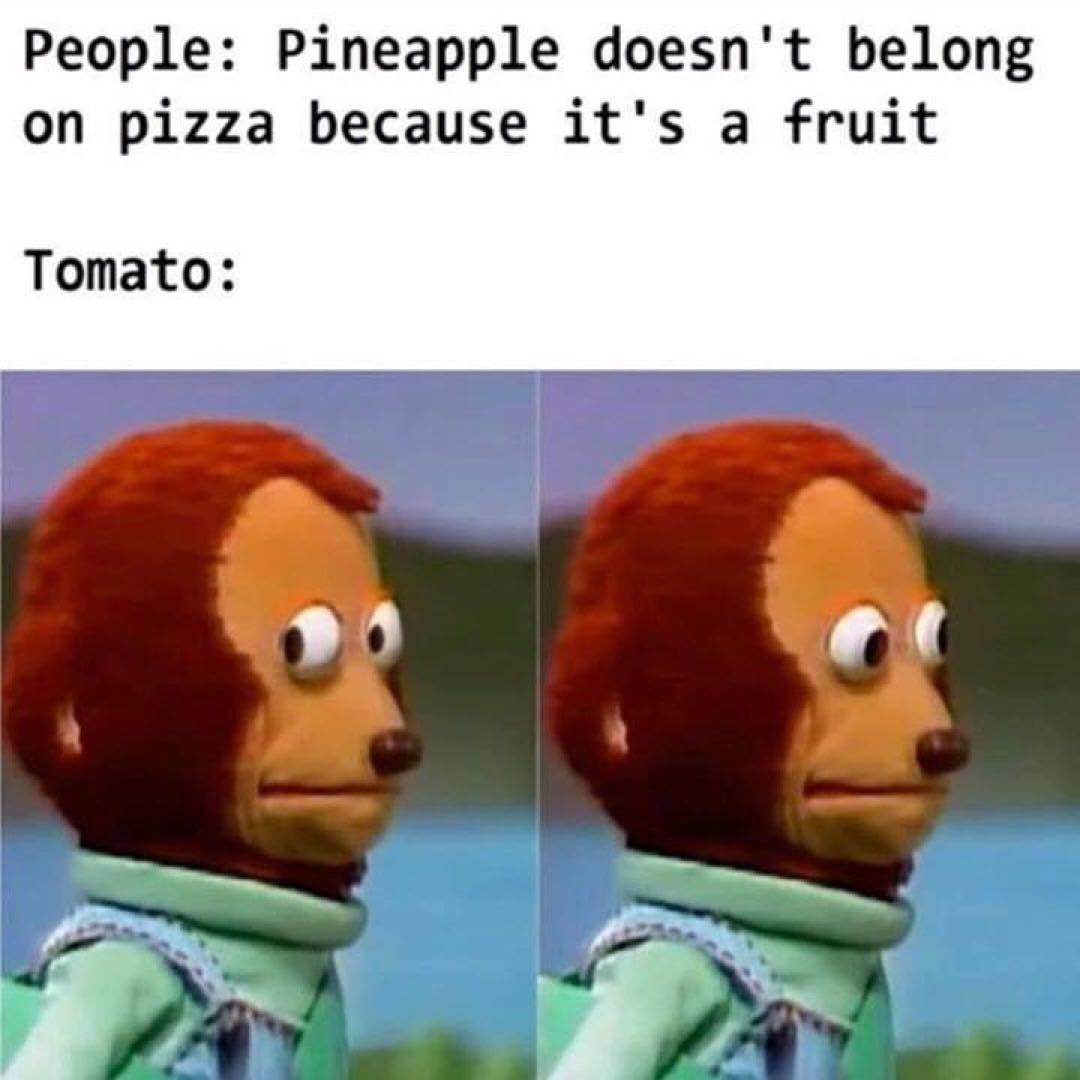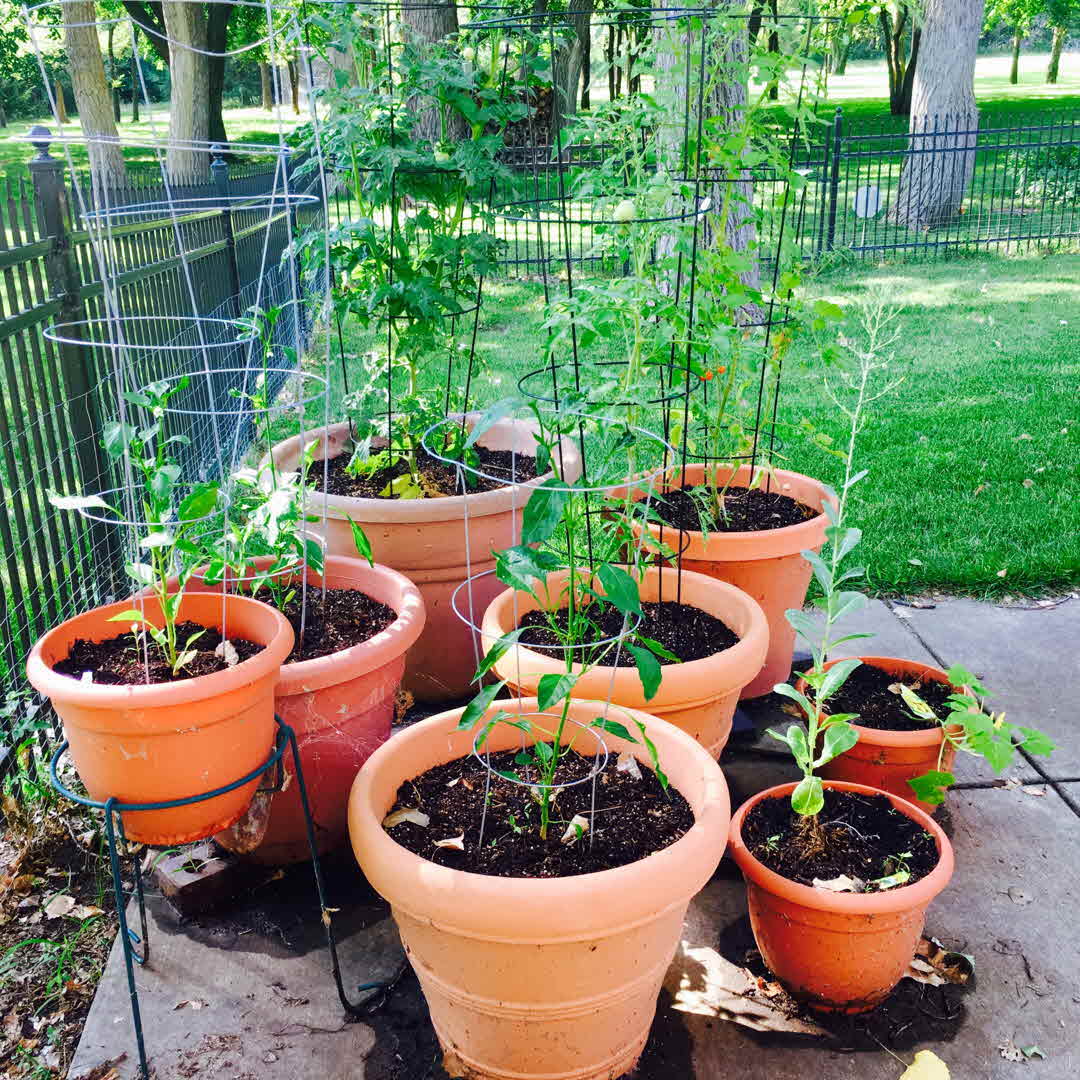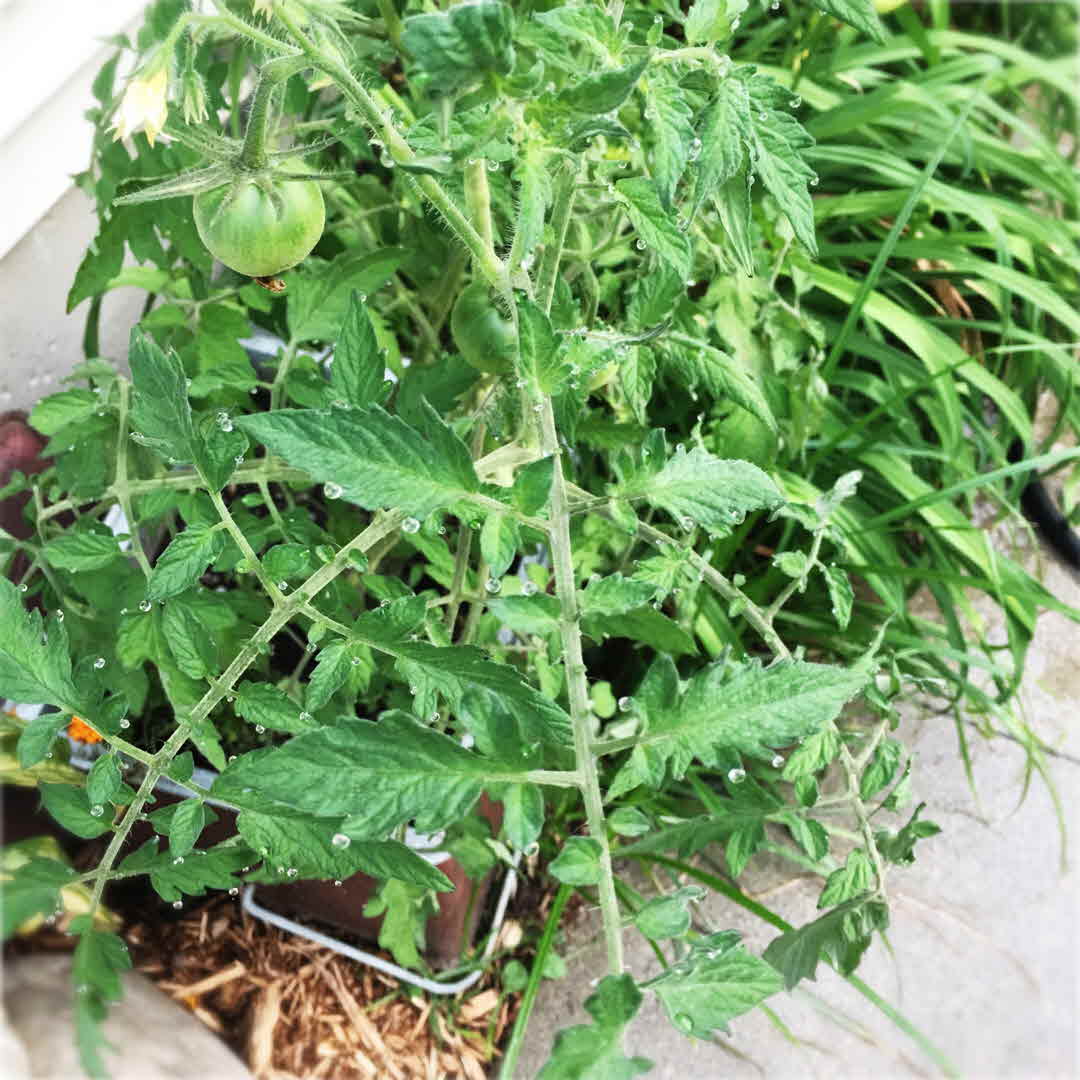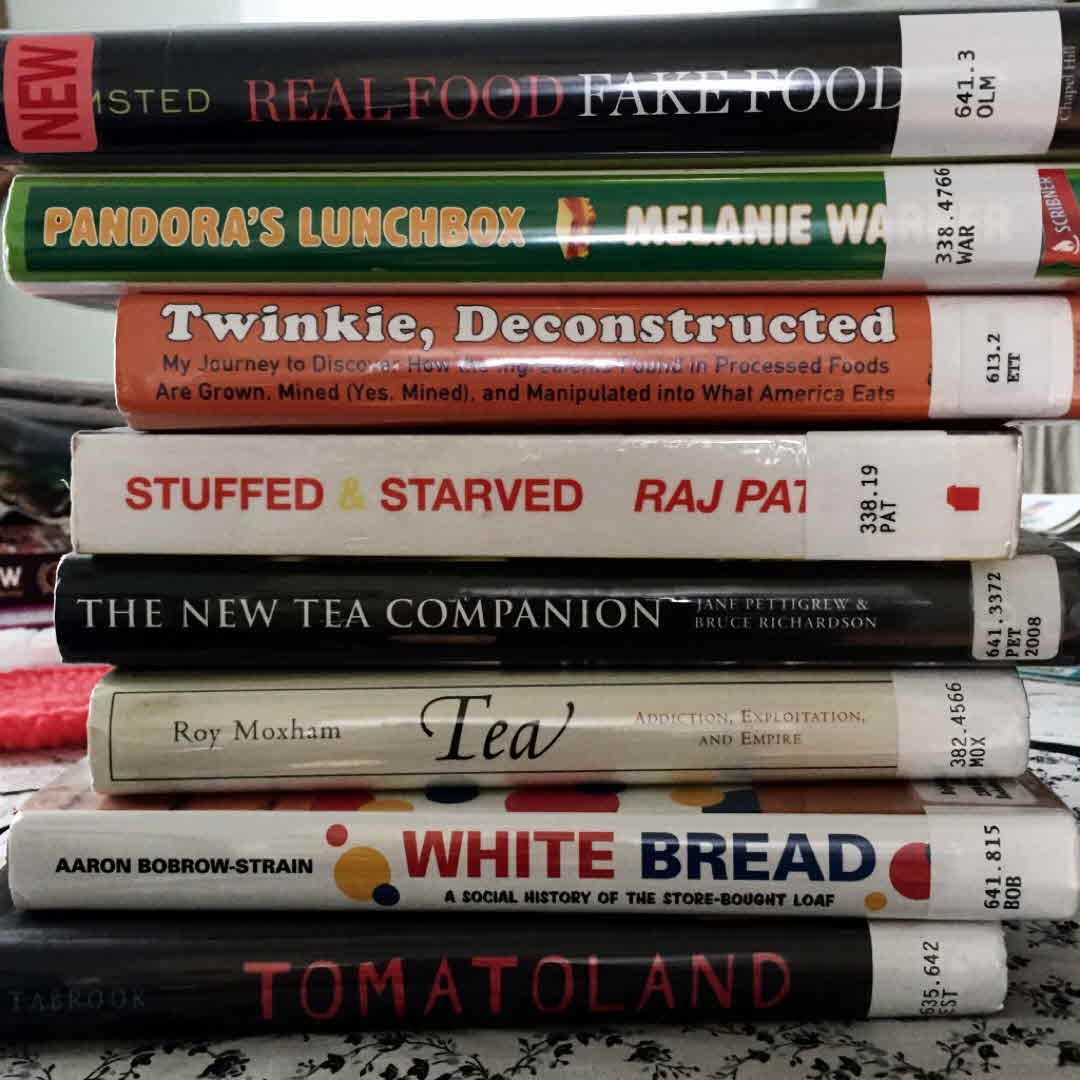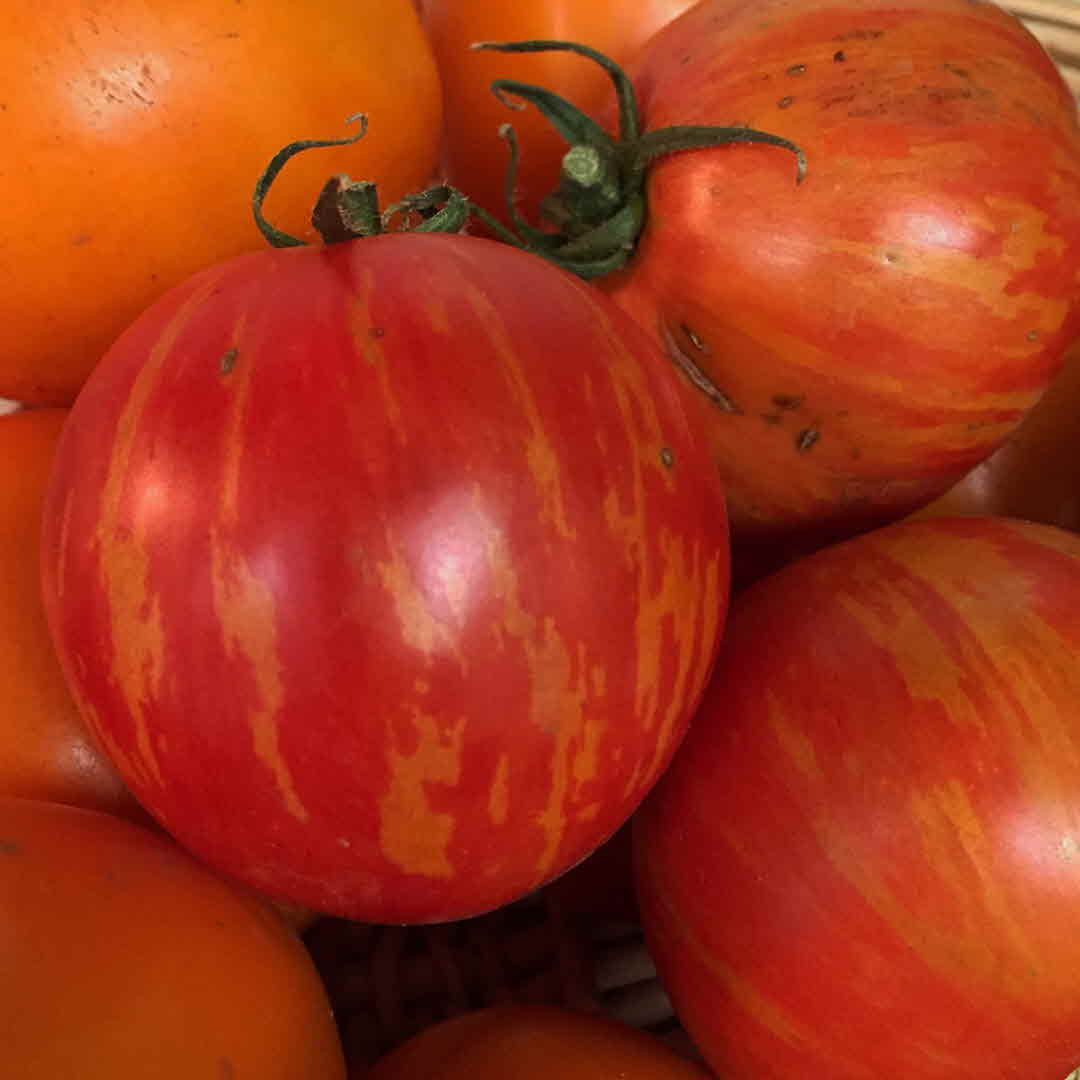Tomatoland: How Modern Industrial Agriculture Destroyed Our Most Alluring Fruit | Barry Estabrook
Review "In this eye-opening expos�, Vermont journalist Estabrook traces the sad, tasteless life of the mass-produced tomato, from its chemical-saturated beginnings in south Florida to far-flung supermarkets. Expanding on his 2010 James Beard Award-winning article in Gourmet magazine, Estabrook first looks at the tomato's ancestors in Peru, grown naturally in coastal deserts and Andean foothills, with fruit the size of large peas. Crossbreeding produced bigger, juicier varieties, and by the late 19th century, Florida had muscled in on the U.S. market, later benefiting from the embargo on Cuban tomatoes; the Sunshine State now produces one-third of the fresh tomatoes in this country. To combat sandy soil devoid of nutrients, and weather that breeds at least 27 insect species and 29 diseases that prey on the plants, Florida growers bombard tomato plants with a dizzying cocktail of herbicides and pesticides, then gas the "mature greens" (fruit plucked so early from the vines that they bounce without a scratch) with ethylene. Behind the scenes, moreover, there exists a horrendous culture of exploitation of Hispanic laborers in places like Immokalee, where pesticide exposure has led to birth defects and long-term medical ailments. Estabrook concludes this thought-provoking book with some ideas from innovators trying to build a better tomato." --Publisher's Weekly "With great skill and compassion, Estabrook explores the science, ingenuity, and human misery behind the modern American tomato. Once again, the true cost is too high to pay." --Eric Schlosser, author of Fast Food Nation "In my ten years as editor of Gourmet magazine, the article I am proudest to have published was Barry Estabrook's 'The Price of Tomatoes.' Now he's expanded that into this astonishingly moving and important book. If you have ever eaten a tomato--or ever plan to--you must read Tomatoland. It will change the way you think about America's most popular 'vegetable.' More importantly, it will give you new insight into the way America farms." --Ruth Reichl, author of Garlic and Sapphires "If you worry, as I do, about the sad and sorry state of the tomato today, and want to know what a tomato used to be like and what it could hopefully become again, read Barry Estabrook's Tomatoland. This book is a fascinating history of the peregrination of the tomato throughout the centuries." --Jacques P�pin, author of the forthcoming Essential Pepin "In fast-moving, tautly narrated scenes, Barry Estabrook tells the startling story of labor conditions that should not exist in this country or this century, and makes sure you won't look at a supermarket or fast-food tomato the same way again. But he also gives hope for a better future--and a better tomato. Anyone who cares about social justice should read Tomatoland. Also anyone who cares about finding a good tomato you can feel good about eating." --Corby Kummer, senior editor at The Atlantic and author of The Pleasures of Slow Food " Tomatoland' (is) in the tradition of the best muckraking journalism, from Upton Sinclair'sThe Jungle' to Eric Schlosser's `Fast Food Nation.' " ----Jane Black, The Washington Post "Masterful." ----Mark Bittman, New York Times Opinion blog "If you care about social justice--or eat tomatoes--read this account of the past, present, and future of a ubiquitous fruit." ----Corby Kummer, TheAtlantic.com "Eye-opening expos�...thought-provoking." ----Publishers Weekly "Estabrook adds some new dimensions to the outrageous...story of an industry that touches nearly every one of us living in fast-food nation." ----David Von Drehle, Time Magazine blog "Swampland" "You can really stop at any point during the narrative and decide that you've bought your last supermarket tomato, but Estabrook is just warming up...a brisk read, engrossing as it is enraging." --TheDailyGreen.com "Corruption, deception, slavery, chemical and biological warfare, courtroom dramas, undercover sting operations and murder: Tomatoland is not your typical book on fruit." --Macleans.ca Product Description Supermarket produce sections bulging with a year-round supply of perfectly round, bright red-orange tomatoes have become all but a national birthright. But in Tomatoland, which is based on his James Beard Award-winning article, The Price of Tomatoes, investigative food journalist Barry Estabrook reveals the huge human and environmental cost of the $5 billion fresh tomato industry. Fields are sprayed with more than one hundred different herbicides and pesticides. Tomatoes are picked hard and green and artificially gassed until their skins acquire a marketable hue. Modern plant breeding has tripled yields, but has also produced fruits with dramatically reduced amounts of calcium, vitamin A, and vitamin C, and tomatoes that have fourteen times more sodium than the tomatoes our parents enjoyed. The relentless drive for low costs has fostered a thriving modern-day slave trade in the United States. How have we come to this point? Estabrook traces the supermarket tomato from its birthplace in the deserts of Peru to the impoverished town of Immokalee, Florida, a.k.a. the tomato capital of the United States. He visits the laboratories of seedsmen trying to develop varieties that can withstand the rigors of agribusiness and still taste like a garden tomato, and then moves on to commercial growers who operate on tens of thousands of acres, and eventually to a hillside field in Pennsylvania, where he meets an obsessed farmer who produces delectable tomatoes for the nation's top restaurants.Throughout Tomatoland Estabrook presents a who's who cast of characters in the tomato industry: the avuncular octogenarian whose conglomerate grows one out of every eight tomatoes eaten in the United States; the ex-Marine who heads the group that dictates the size, color, and shape of every tomato shipped out of Florida; the U.S. attorney who has doggedly prosecuted human traffickers for the past decade; and the Guatemalan peasant who came north to earn money for his parents' medical bills and found himself enslaved for two years.Tomatoland reads like a suspenseful whodunit as well epos� of today's agribusiness systems and the price we pay as a society when we take taste and thought out of our food purchases.
